Easier, Better, Cheaper: Where Are We in Diabetes? Musings Under the Moon 2019
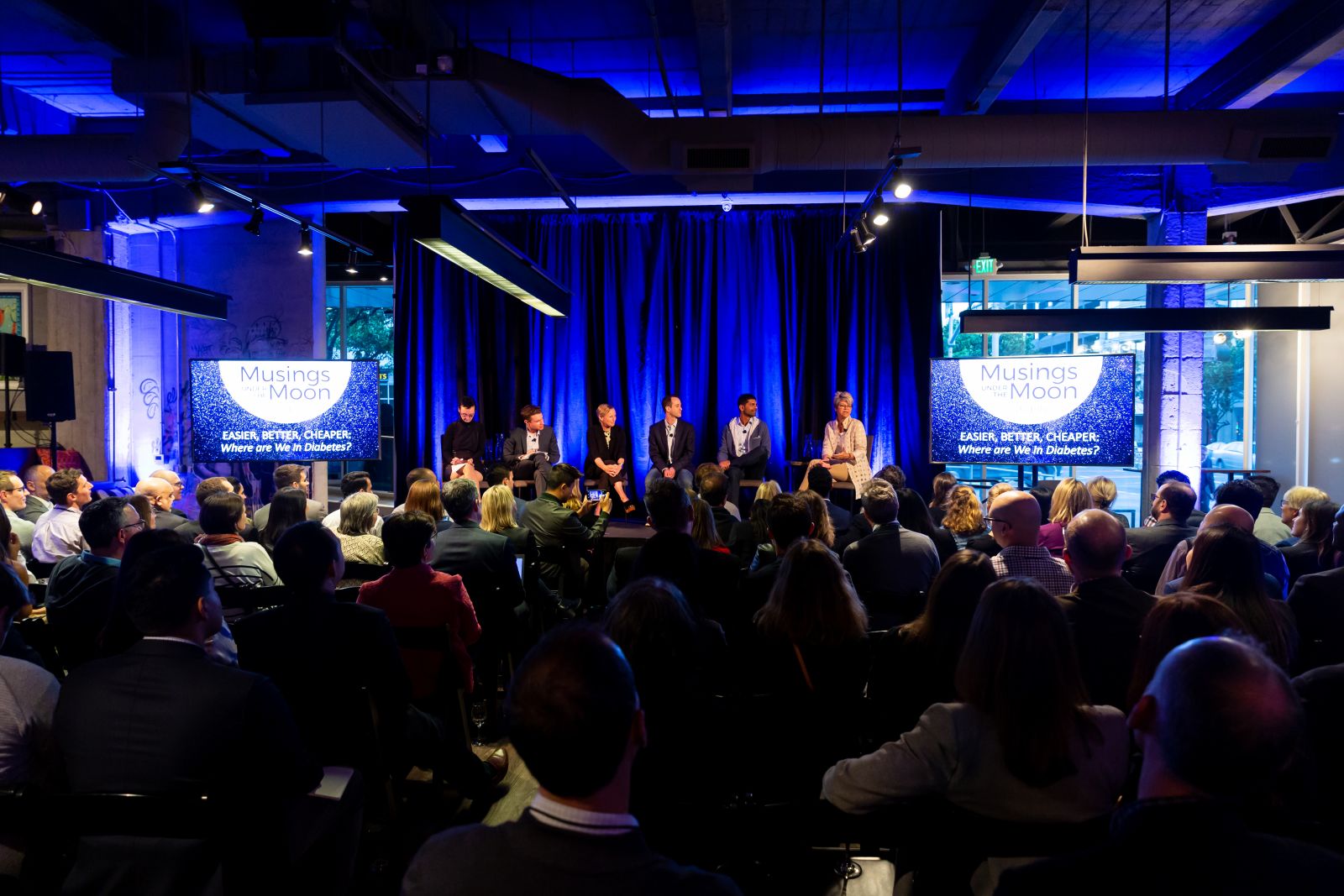
By Ruiyan Wang
Nine industry leaders share insights on better diabetes outcomes at lower costs – The diaTribe Foundation’s 4th annual Musings Under the Moon
The diaTribe Foundation hosted its fourth annual “Musings Under the Moon” – a gathering of over 250 diabetes industry leaders, healthcare professionals, and advocates in San Francisco, the host city for the 2019 American Diabetes Association (ADA) Scientific Sessions.
This year, the theme for Musings Under the Moon was “Easier, Better, Cheaper: Where Are We in Diabetes?” The event featured two expert panels, both co-moderated by Kelly Close and Adam Brown. The first panel, titled “Supercharging Design and Delivery,” covered the biggest design challenges facing the diabetes industry, as well as lessons learned from innovation over the years. During the second panel, “The Future of Evidence Generation,” five endocrinologists who moved to work in industry shared lessons learned from this transition and their hopes for future diabetes research. “Musings Under the Moon” concluded with a screening of “A Touch of Sugar,” a documentary about diabetes.
Below, please find a few of our favorite quotable quotes from the evening!
Supercharging Design and Delivery, featuring, in addition to Kelly and Adam (to Adam’s right):.jpg)
-
Dr. Marc Taub, Divisional Vice President, Product Development, at Abbott Diabetes Care
-
Dr. Kal Patel, President of BrightInsight, A Flex Company
-
Dr. Claudia Graham, former Senior Vice President of Global Access at Dexcom
-
Ms. Jennifer Block, Vice President of Clinical and Medical Affairs at Bigfoot Biomedical
The Future of Evidence Generation, featuring (to Kelly’s right):.jpg)
-
Dr. Elisabeth Bjӧrk, Senior Vice President and Head of the CVRM development unit at AstraZeneca
-
Dr. Todd Hobbs, Chief Medical Officer at Novo Nordisk
-
Dr. Trang Ly, Senior Vice President and Medical Director at Insulet
-
Dr. Sherry Martin, Vice President of Diabetes, Global Medical Affairs at Lilly
-
Dr. Christopher Sorli, Vice President of Medical Affairs at Sanofi
QUOTABLE QUOTES
On challenges in innovation & design
-
.jpg) “I was only in clinical practice and had no idea of the decades of research, development, and work that was necessary to have a drug or device approved – to get that experience and see that it’s not just a few years was revealing.” – Todd Hobbs (Novo Nordisk)
“I was only in clinical practice and had no idea of the decades of research, development, and work that was necessary to have a drug or device approved – to get that experience and see that it’s not just a few years was revealing.” – Todd Hobbs (Novo Nordisk) -
“Diabetes is a leader in the notion of the ecosystem. At the end of the day, no one company is going to manage all of the needs in this space. How do we not be a cog in the machine that slows it down, but really be a facilitator in this complex space?” – Kal Patel (BrightInsight, A Flex Company)
On data and decision-making
-
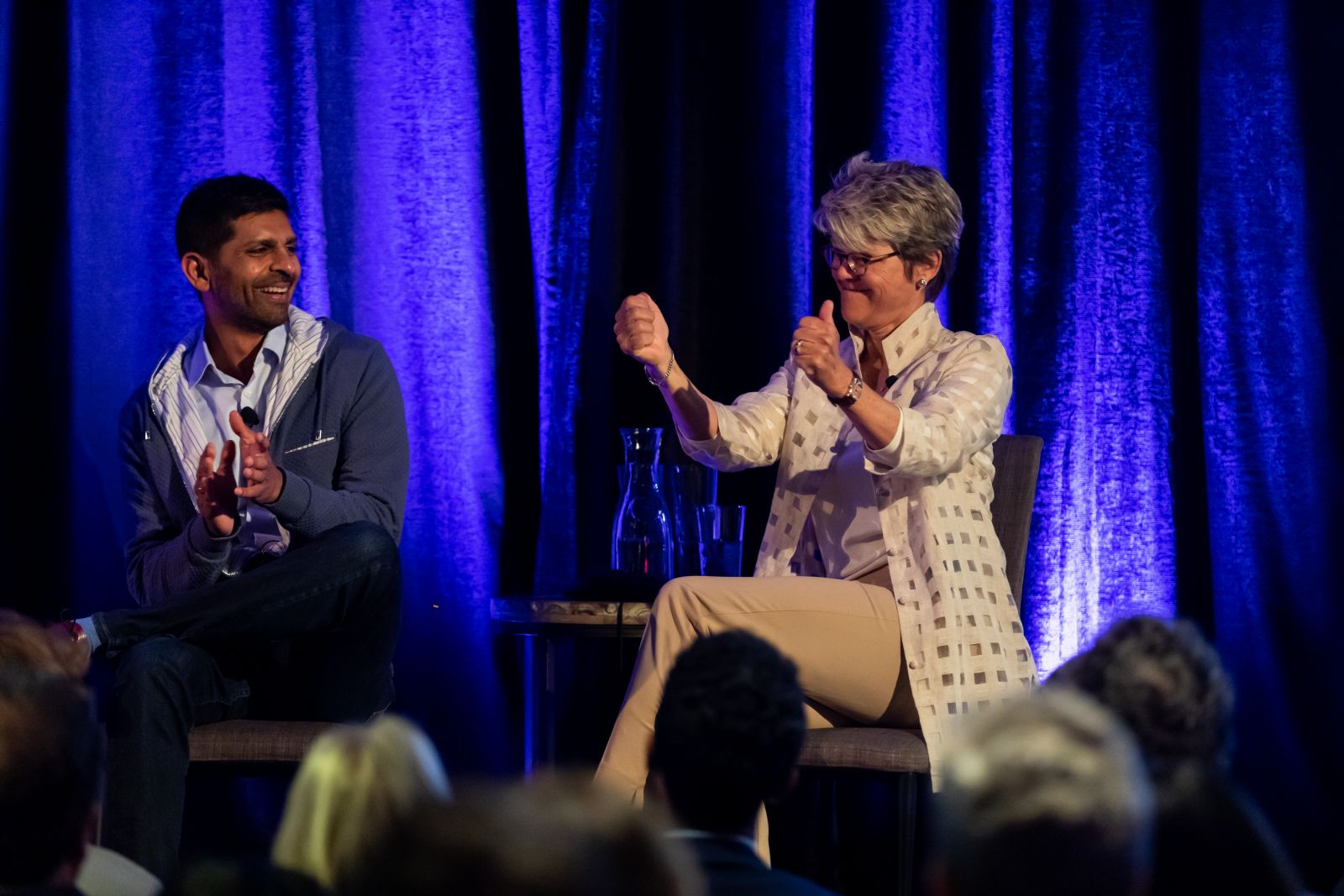 “Data is just data if it’s not actionable. Yes, we’ve got all the data in the world, but unless patients can act on it, it’s useless.” – Claudia Graham (Dexcom)
“Data is just data if it’s not actionable. Yes, we’ve got all the data in the world, but unless patients can act on it, it’s useless.” – Claudia Graham (Dexcom) -
“We have all of this data, and nobody knows what to do with it. The next step has to be using machine learning and [artificial intelligence] to make sense of it… It could also be highlighting that this patient has these risk factors for heart failure or kidney disease, where you as a physician don’t have to go through the little list on your own.” – Elisabeth Bjӧrk (AstraZeneca)
-
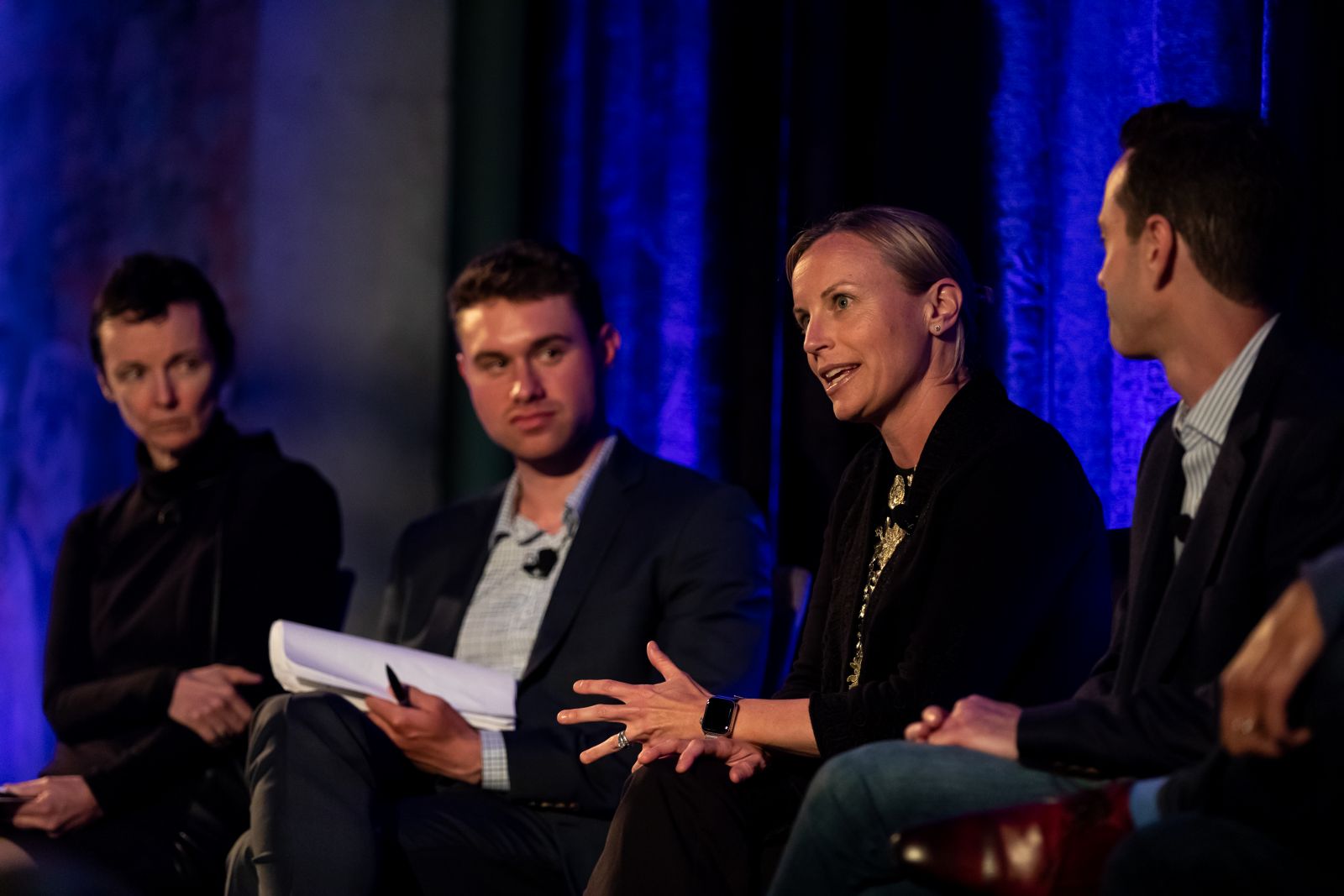 “The type of diabetes does not define the engagement. Diabetes is challenging for everyone who deals with it, and we have a responsibility as a community to support…. I live with type 1 diabetes and make decisions about insulin every day, and it’s always tough. If that’s how I feel, you can only imagine how my patients feel.” – Jennifer Block (Bigfoot Biomedical)
“The type of diabetes does not define the engagement. Diabetes is challenging for everyone who deals with it, and we have a responsibility as a community to support…. I live with type 1 diabetes and make decisions about insulin every day, and it’s always tough. If that’s how I feel, you can only imagine how my patients feel.” – Jennifer Block (Bigfoot Biomedical)
On simplicity

-
“I think companies often underestimate when people have to use a second app just how much of an added burden that is. You have to provide enormous value in the second app so that I go and actually use it. My test for apps is whether it makes it onto my home screen – and especially if it makes it the bottom dock. If you hit the bottom dock, you have built a fantastic app.” – Adam Brown (The diaTribe Foundation)
-
“We are very mindful of [fatigue]. We try to balance negative feedback from apps and screens. For example, time-in-range is a positive message, rather than time spent low or high, and we know that people have responded very well to that.” – Marc Taub (Abbott)
-
“The burden of managing supplies is one more thing we ask people with diabetes to do. Innovating and delivering this in a way that removes the burden is great.” – Jennifer Block (Bigfoot Biomedical)
-
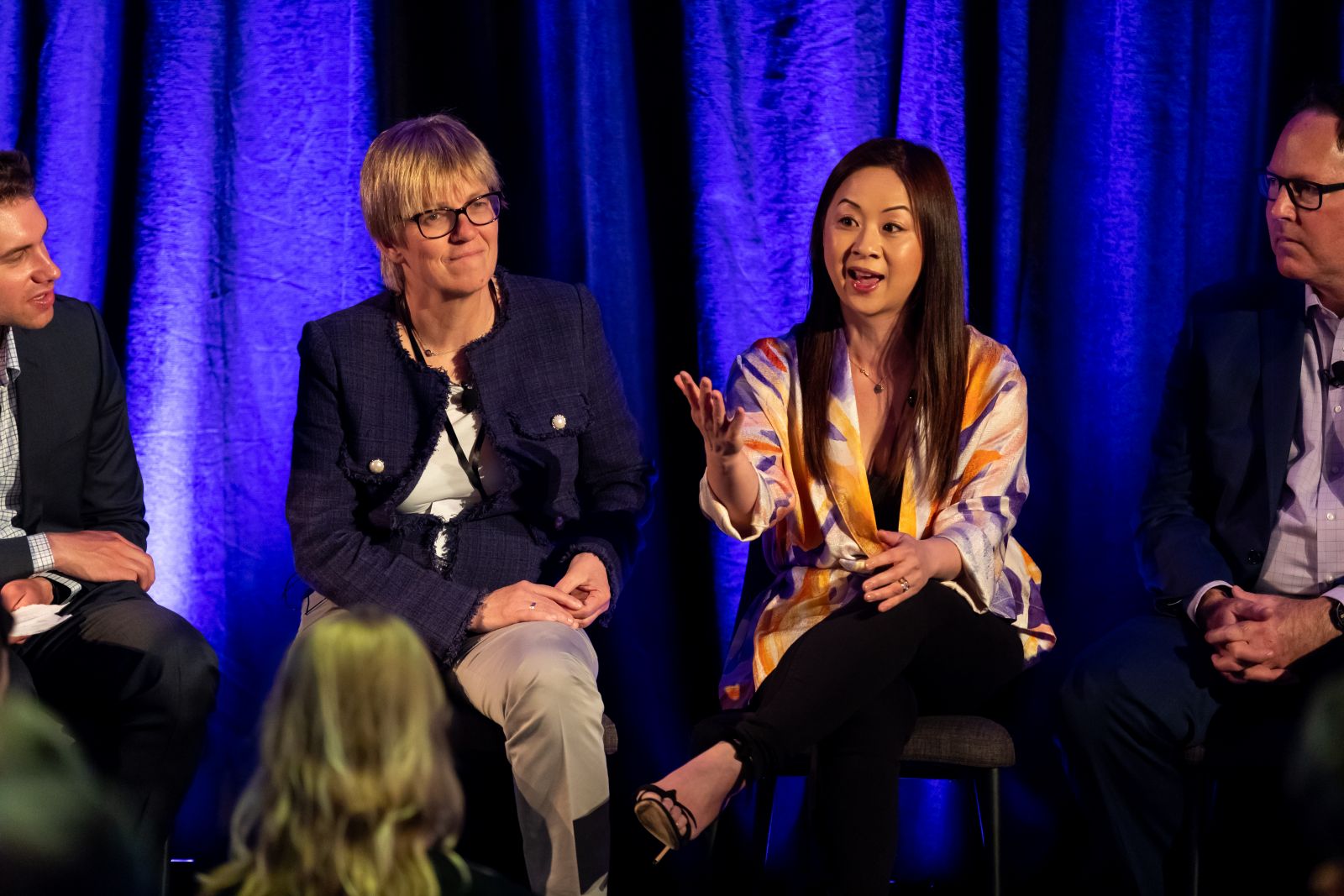 “Patients check their blood glucose, the data goes to Glooko, then we extract that data and go back to the physician and say… ‘Here’s the profile, here’s how much insulin they need, here’s their average glucose.’ We need to make things as easy as possible for the physician.” – Trang Ly (Insulet)
“Patients check their blood glucose, the data goes to Glooko, then we extract that data and go back to the physician and say… ‘Here’s the profile, here’s how much insulin they need, here’s their average glucose.’ We need to make things as easy as possible for the physician.” – Trang Ly (Insulet)
On clinical care and physician burnout
-
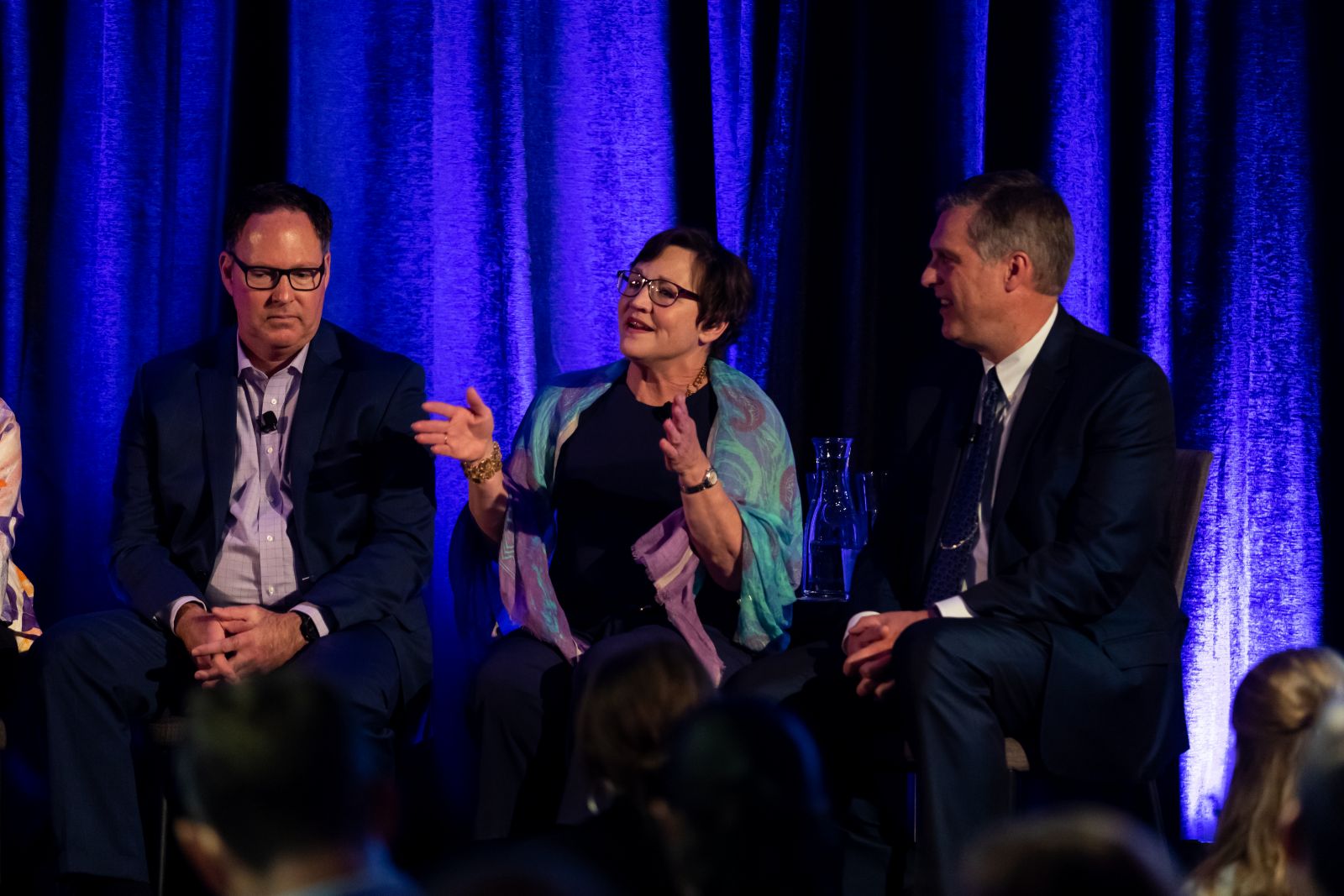 “I did not use a computer to do work until I was almost thirty years old and in fellowship. The technology that has come along has far outpaced the learning agility curve of trained physicians from thirty years ago. At the same time, they’re trying to master the body of information and multiple new drug therapies – the technology has been hitting them.” – Sherry Martin (Lilly)
“I did not use a computer to do work until I was almost thirty years old and in fellowship. The technology that has come along has far outpaced the learning agility curve of trained physicians from thirty years ago. At the same time, they’re trying to master the body of information and multiple new drug therapies – the technology has been hitting them.” – Sherry Martin (Lilly) -
“[Health care providers] spend about six hours per day, out of a ten-hour workday, in the [electronic medical records]. And when you ask what gives job satisfaction, 80% of it comes from the feeling that they’re doing something good for people. So, people are going into medicine with the desire to help people and then feel like they’re a slave to technology, and they’re leaving in droves. Primary care is so underserved – it’s devastating to think of the consequences.” – Christopher Sorli (Sanofi)
-
“I want to do the right thing and help people, but you look at the business side, and I wasn’t generating revenue. If I was out of the office or not seeing X number of patients, it was very stressful. What can we do as a pharma company? We can continue to work within the healthcare system to eliminate things like prior authorizations and anything that pulls the healthcare provider away from seeing patients. All those extra things take away from what they want to do and are best at.” – Todd Hobbs (Novo Nordisk)
-
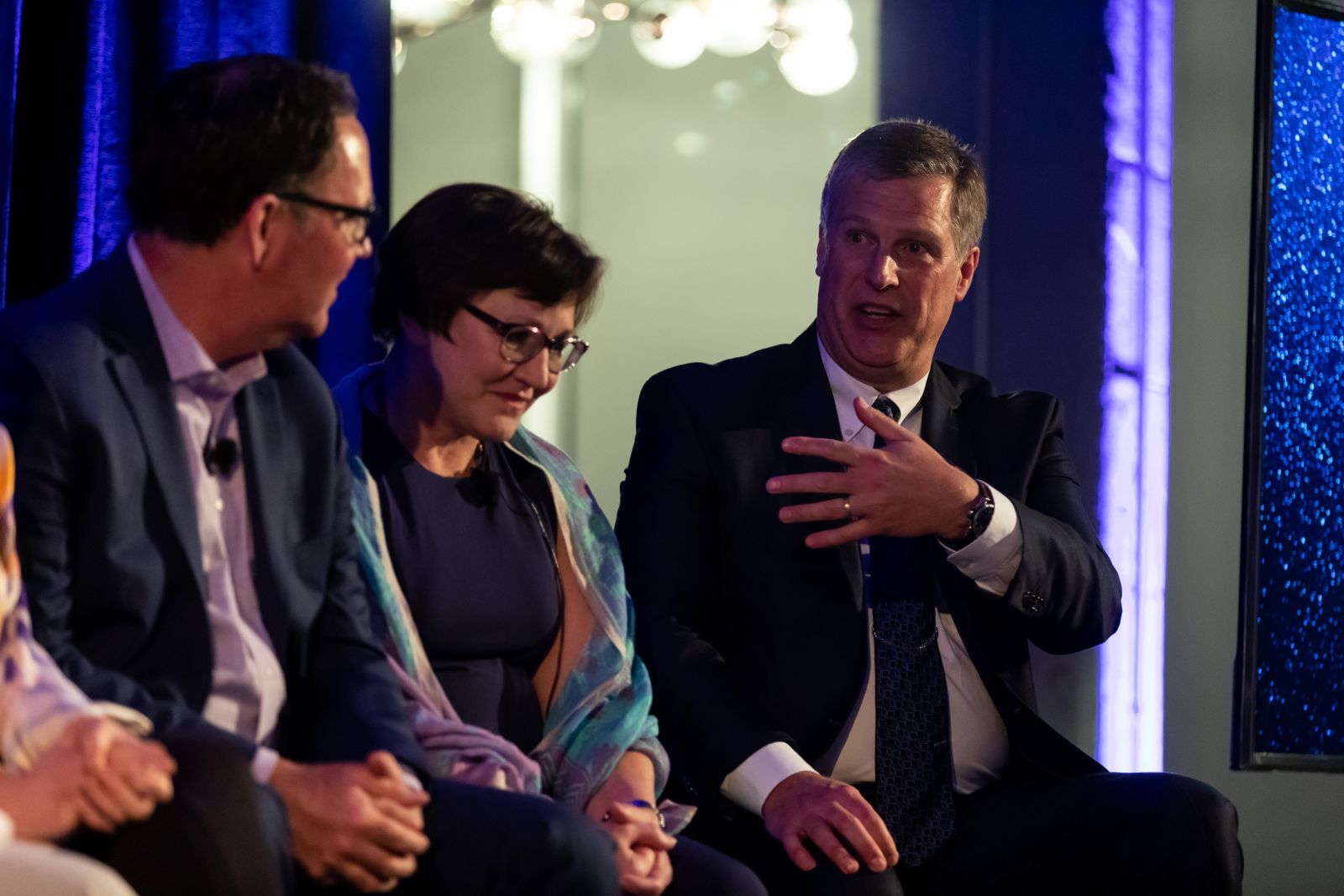 “I spent an hour with each new patient, a half hour with follow-up patients, and I swear it’s the most cost-effective treatment I could do. I had to convince [the hospital] to have diabetes educators, nutritionists... it takes a family, a group, to deliver care.” – Christopher Sorli (Sanofi)
“I spent an hour with each new patient, a half hour with follow-up patients, and I swear it’s the most cost-effective treatment I could do. I had to convince [the hospital] to have diabetes educators, nutritionists... it takes a family, a group, to deliver care.” – Christopher Sorli (Sanofi) -
“The patient-physician relationship is very sacred, special, and unique. It gives a very different perspective. I would say an a-ha moment I had at Insulet was about questioning the status quo… and continuously advocating for patients – I feel I continue to do that today.” – Trang Ly (Insulet)
-
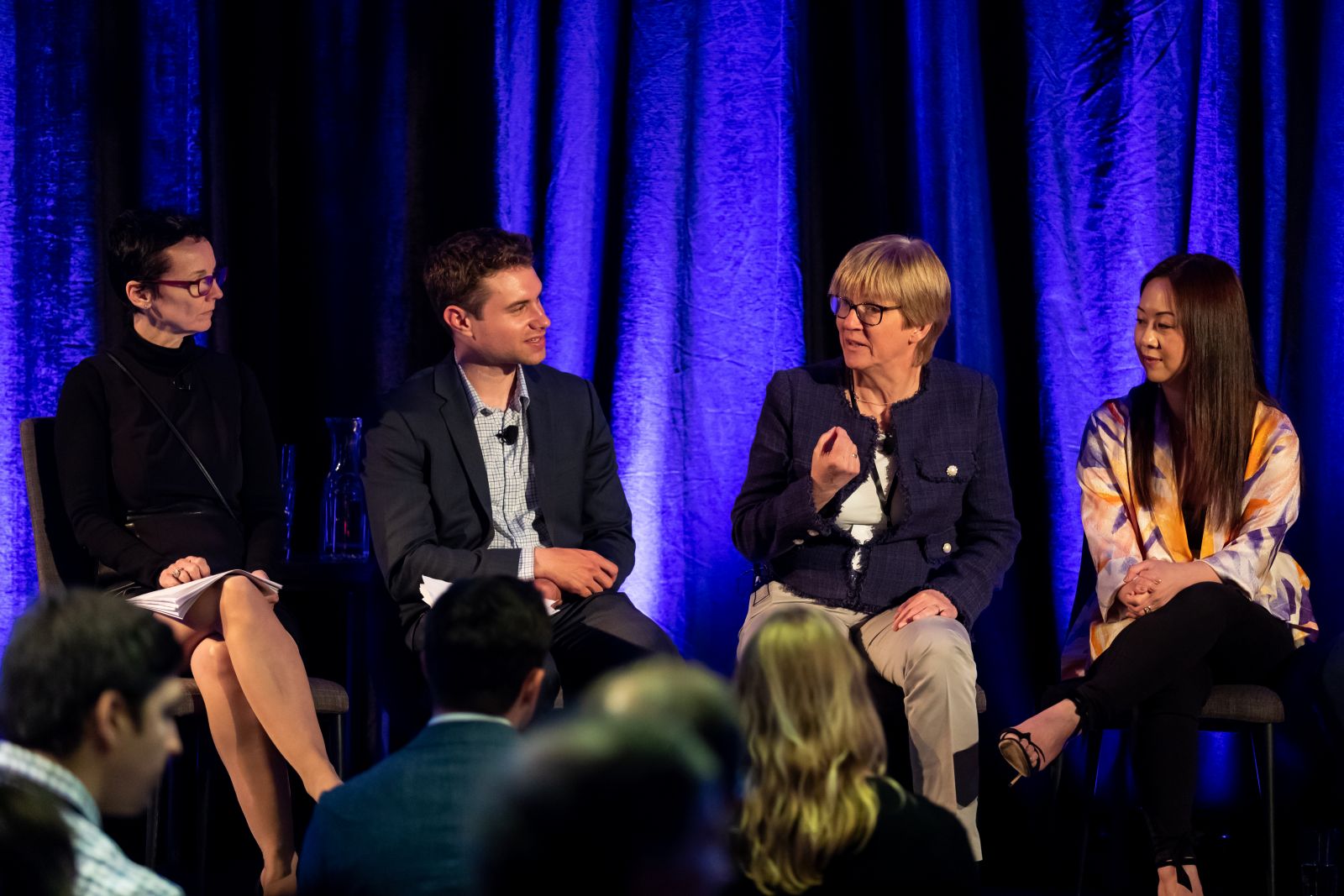 “When I was in Sweden, many of my patients had just moved and went into college… and were now on their own. I had an hour with them to make sure they could be successful. You have to understand what drives them and motivates them.” – Elisabeth Bjӧrk (AstraZeneca)
“When I was in Sweden, many of my patients had just moved and went into college… and were now on their own. I had an hour with them to make sure they could be successful. You have to understand what drives them and motivates them.” – Elisabeth Bjӧrk (AstraZeneca)
On the future of diabetes innovation
-
“We’re looking at very innovative things: [artificial intelligence], ambient clinical learning... Imagine the situation where a [primary care provider] has a patient sitting in front of them, having a conversation, and having a conversational AI system generating notes, so the physician doesn’t interact with the computer. I don’t think those things are that far in the future, and we need to be prepared for what they mean for data flow.” – Christopher Sorli (Sanofi)
-
“I’ve had type 1 diabetes for thirty-one years, and for so many, I thought about how glucose sensing was never going to make it here. To think I can look in my pocket and see not only my blood sugar but also my son’s a thousand miles away - I don’t want us to take that for granted.” – Todd Hobbs (Novo Nordisk)
-
 “I think the reason we can even talk about user-driven research and ecosystems in diabetes is because companies have already tackled the core fundamental digital innovations. Ten years ago, we would be hypothesizing about what Bigfoot, Abbott, and Dexcom have already done. Now that the groundwork is set, we can think about optimizing around the user.” – Kal Patel (BrightInsight, A Flex Company)
“I think the reason we can even talk about user-driven research and ecosystems in diabetes is because companies have already tackled the core fundamental digital innovations. Ten years ago, we would be hypothesizing about what Bigfoot, Abbott, and Dexcom have already done. Now that the groundwork is set, we can think about optimizing around the user.” – Kal Patel (BrightInsight, A Flex Company) -
“It’s been groundbreaking to see how health and research information is switching our ecosystem from being reactive to proactive… We can have algorithms that predict what’s going to happen to switch the paradigm of health care.” – Jennifer Block (Bigfoot Biomedical)
Check out the panels from the event below:







